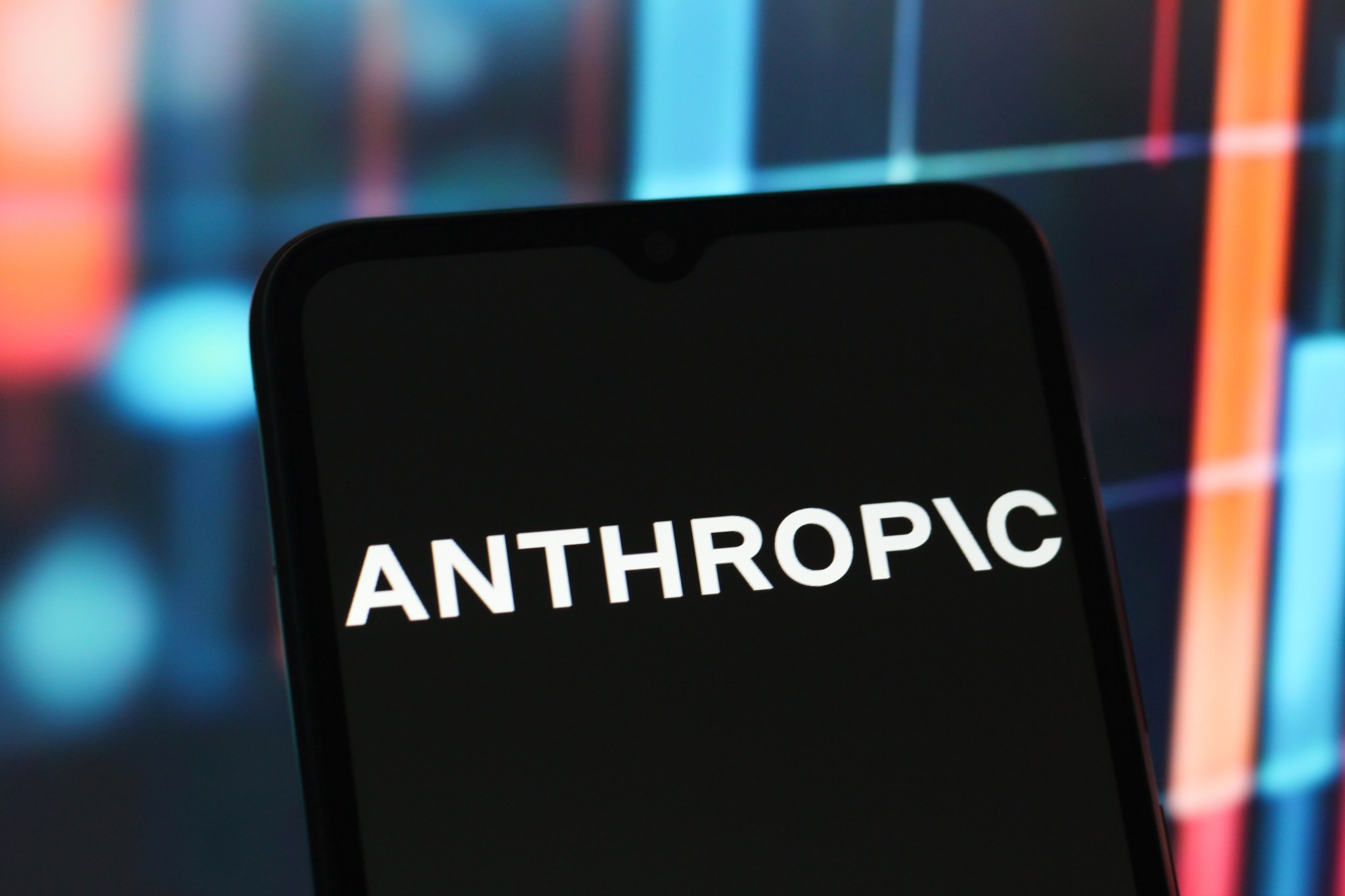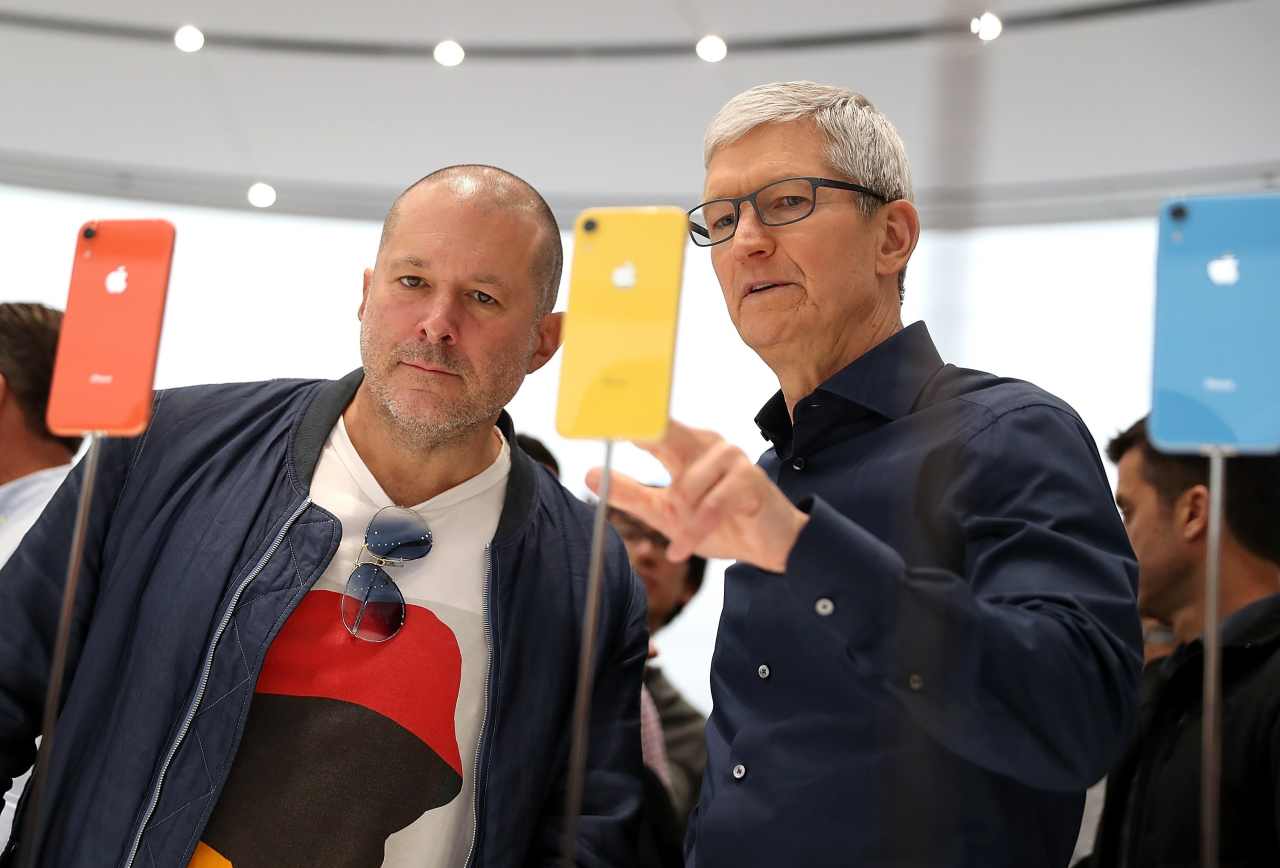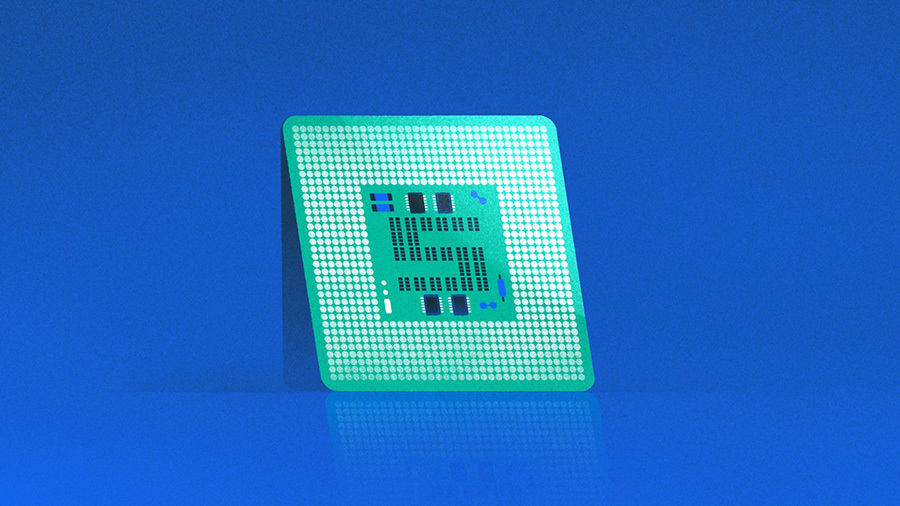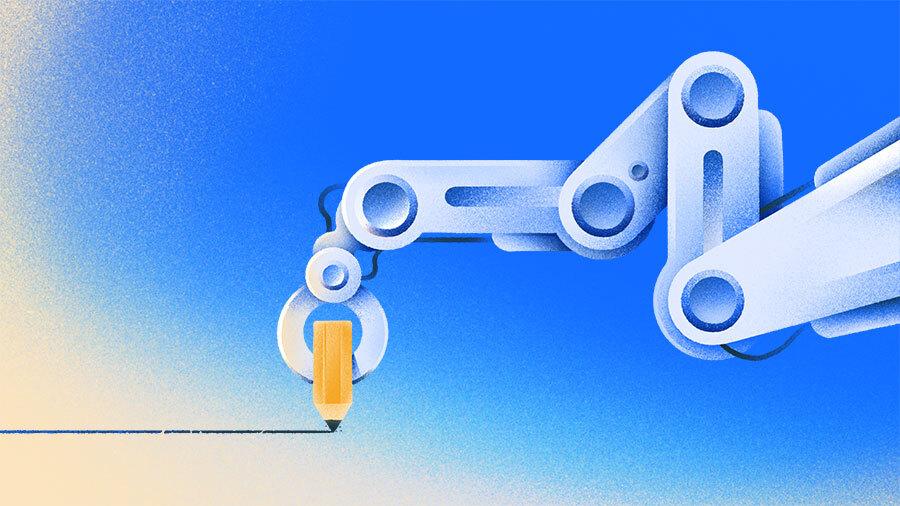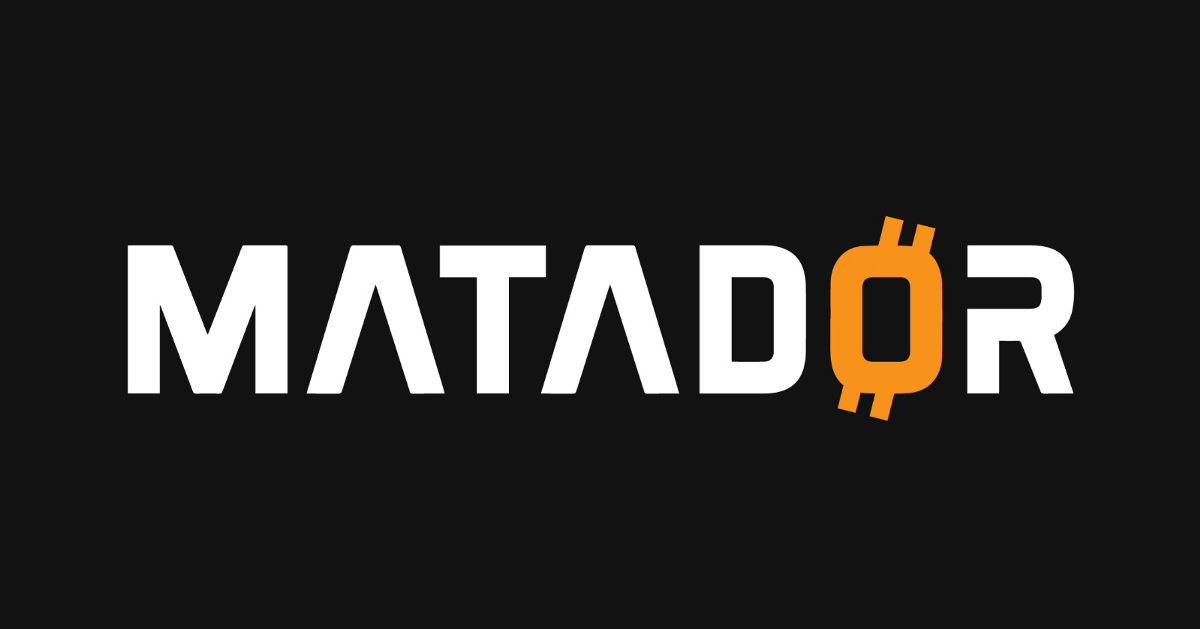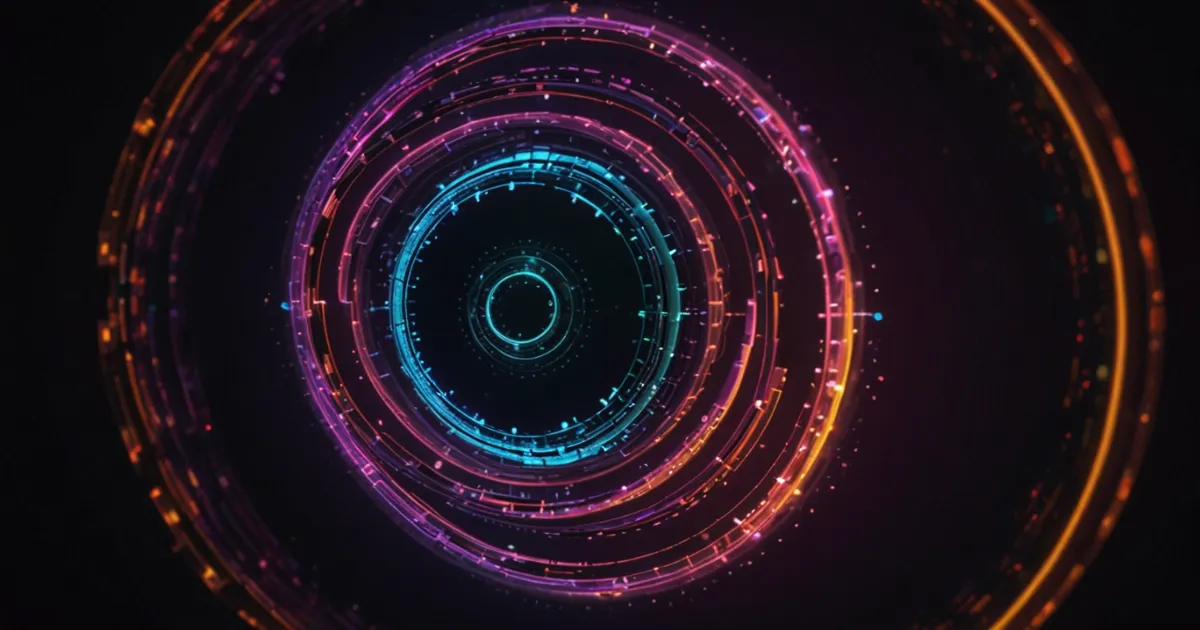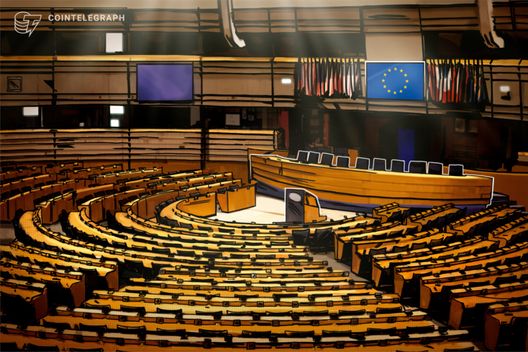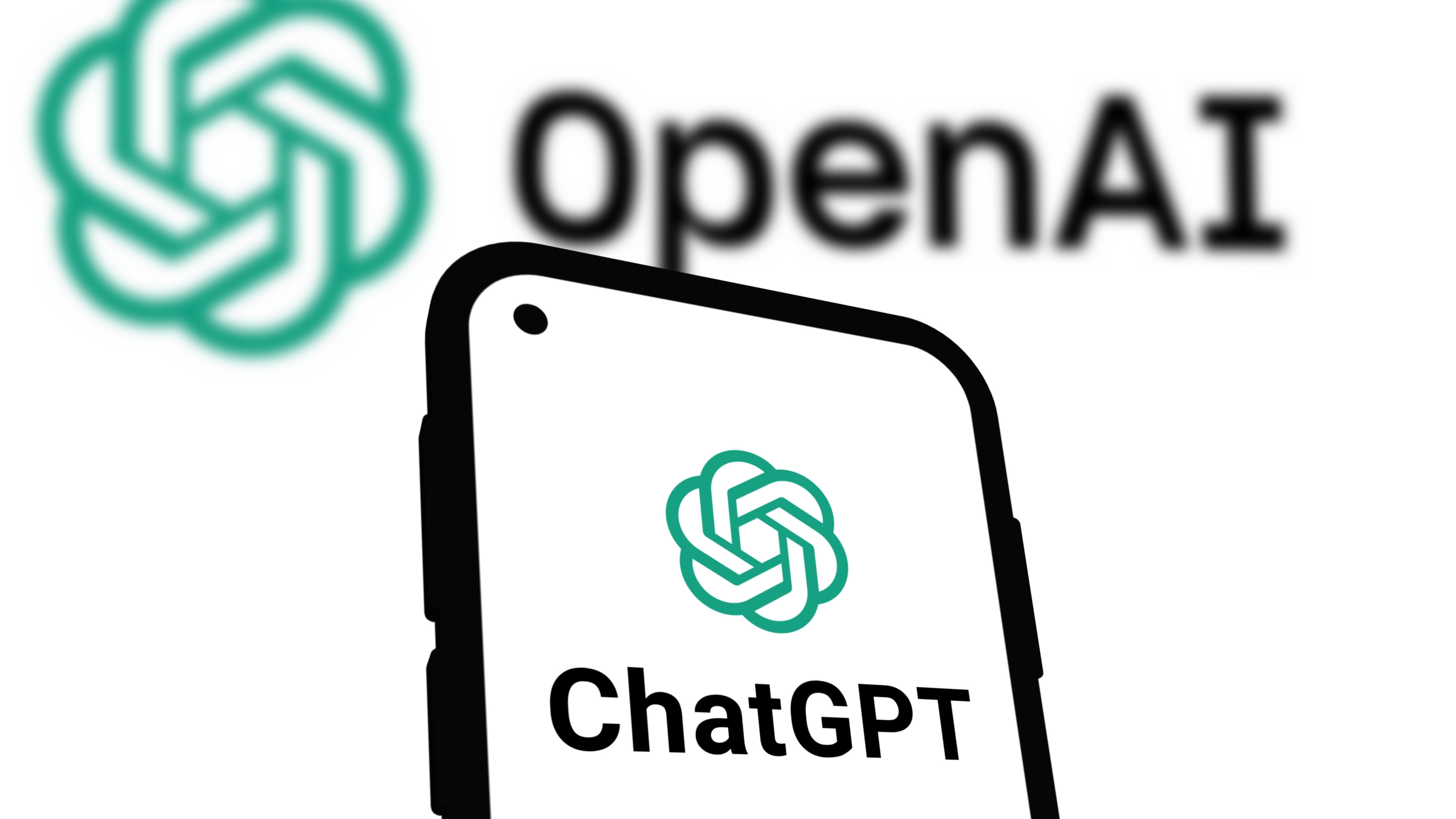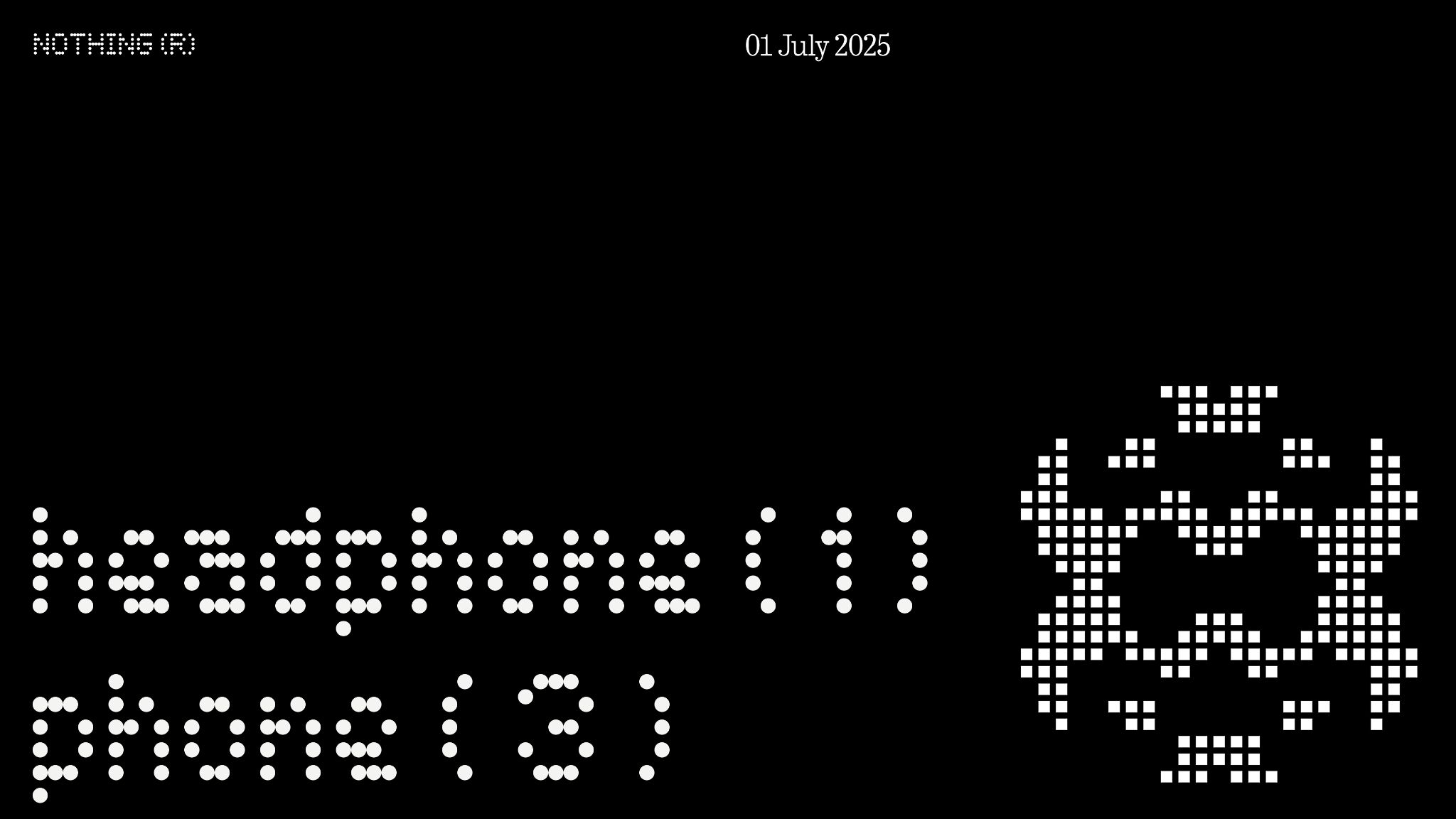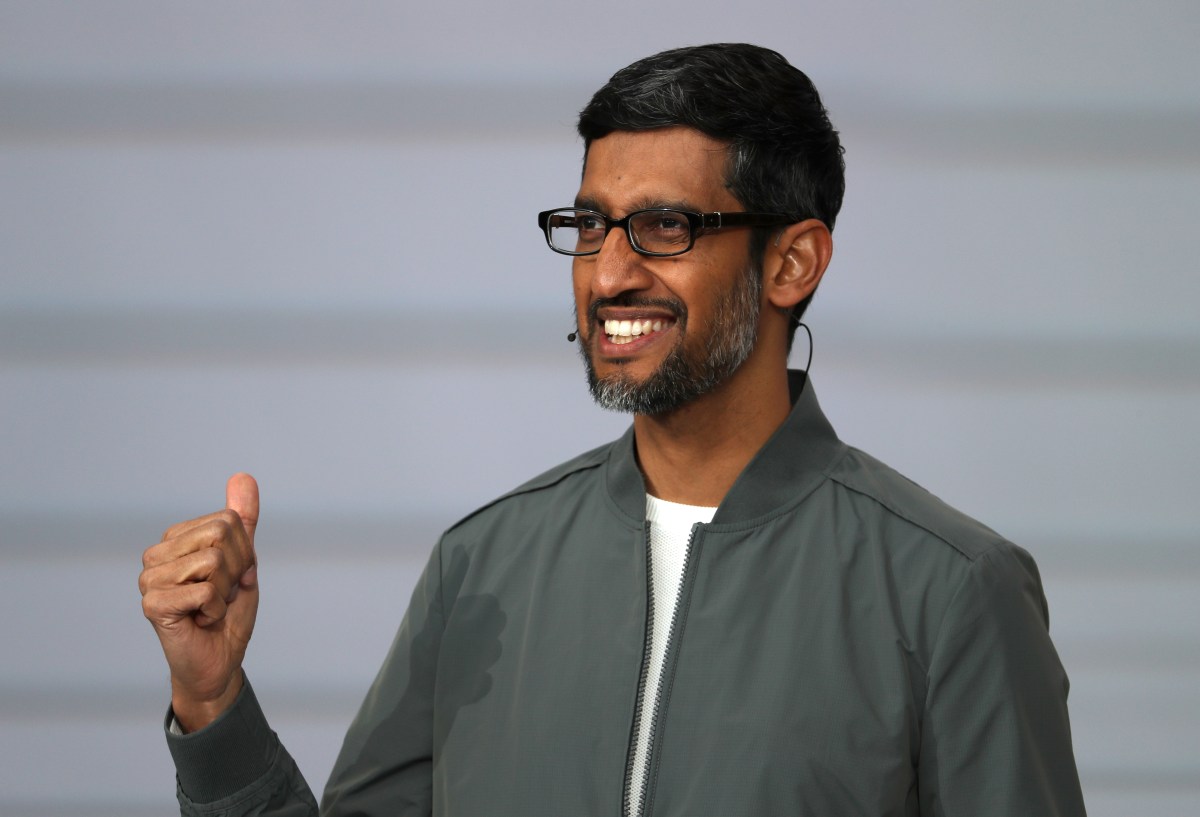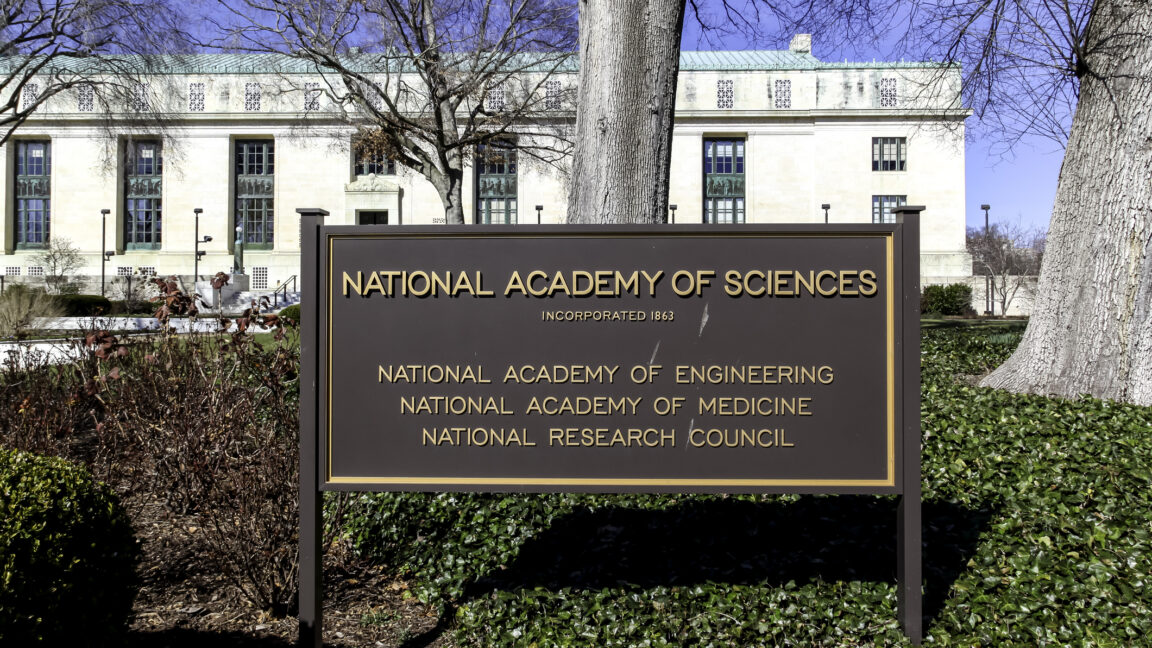AI Is Destroying a Generation of Students
If the testimony of beleaguered teachers is anything to go by — as gathered in this extensive roundup of educator opinions by 404 Media — it sure sounds like the explosion of the homeworking-cheating machines also known as AI models is obliterating the up and coming generation of students. "I think generative AI is incredibly destructive to our teaching of university students," Robert W. Gehl, Ontario research chair of digital governance for social justice at York University in Toronto, told 404. "Honestly, if we ejected all the genAI tools into the sun, I would be quite pleased." Hearing the horror […]


If the testimony of beleaguered teachers is anything to go by — as gathered in this extensive roundup of educator opinions by 404 Media — it sure sounds like the explosion of the homeworking-cheating machines also known as AI models is obliterating the up and coming generation of students.
"I think generative AI is incredibly destructive to our teaching of university students," Robert W. Gehl, Ontario research chair of digital governance for social justice at York University in Toronto, told 404. Gehl noted how institutions collaborate with companies like Google and Microsoft to push their AI tools on students, undermining teachers who try to limit its use in the classroom. "A student might hear 'don't use generative AI' from a prof but then log on to the university's Microsoft suite, which then suggests using Copilot to sum up readings or help draft writing."
"Honestly, if we ejected all the genAI tools into the Sun," Gehl concluded, "I would be quite pleased."
Hearing the horror stories they have to share, it's not hard to see why Gehl and other educators feel that way. A Los Angeles-based teacher grimly estimated that 40 percent of the work that came across their desk "is touched by the hand of AI." Another who teaches postgrads was appalled that their students in a doctoral program about responsible AI gave in to lazily using the tech.
And as it turns out, teaching English-speakers how to speak Spanish is pretty difficult when the AI-addled learners barely have a grasp on the written language of their native tongue.
"Even my brightest students often don't know the English word that is the direct translation for the Spanish they are supposed to be learning," a high school Spanish teacher in Oklahoma told 404.
In several cases, the Spanish teacher said they caught students using AI for assignments "because they can't read what they submit to me and so don't know to delete the sentence that says something to the effect of 'This summary meets the requirements of the prompt, I hope it is helpful to you!'"
A Philadelphia English teacher who conducts lessons virtually shared her ghastly suspicion that some of her students are using AI chatbots to pretty much outsource thinking itself.
"In response to follow up questions, students regularly will — in the course of conversation — use AI to respond on the spot," they told 404. "Just yesterday, a student who couldn't explain her response asked for a second to think. She went on mute and, I have to assume, Googled the question I just asked out loud. The effect was not seamless, or convincing."
Trying to crack down on AI usage just made things worse, pushing many of the students to stop participating.
"I am often left with a choice between soliciting participation where students are merely the deadpan voice boxes of hallucinatory AI slop, or silence," the Philadelphia teacher despaired. "Which am I supposed to choose?"
There's research to back up the idea that extensive AI usage could be making us dumber — part of a broader phenomenon known as cognitive offloading. In an academic setting, some research has found a link between ChatGPT use and tanking grades — and even memory loss in students. And one study from Microsoft and Carnegie Mellon found that the more that people trust in AI responses, the more their critical thinking skills turn to mush.
But some pedagogues aren't quite prepared to declare that the AI apocalypse is fully upon them yet — or that the kids are beyond saving.
"LLM use is rampant, but I don't think it's ubiquitous," Ben Prytherch, a statistics professor at Colorado State University, told 404.
After moving to in-class writing assignments, Prytherch found that the students' performance improved remarkably.
"It turns out most of them can write after all," Phyrtherch said. "For all the talk about how kids can't write anymore, I don't see it."
And that brings us to our next point. If we're going to be a little critical of some of the teachers here, some of their complaints make them sound a little out of touch: "My kids don't think anymore. They don't have interests," fumed a 12th grade English teacher. "Literally, when I ask them what they're interested in, so many of them can't name anything for me… They don't have original thoughts. They just parrot back what they've heard in TikToks."
We have to remember we're talking about human beings that just happen to be younger here, and not some impenetrably exotic species of extraterrestrial. Granted, the teacher's frustration is more than justified. They're dealing with a massive problem inflicted on them by moneyed interests totally beyond their control.
"ChatGPT isn't its own, unique problem. It's a symptom of a totalizing cultural paradigm in which passive consumption and regurgitation of content becomes the status quo," Nathan Schmidt, a university lecturer and managing editor at Gamers With Glasses, told 404.
More on AI: AI Is Destroying Gen Z's Chances at a Stable Career
The post AI Is Destroying a Generation of Students appeared first on Futurism.

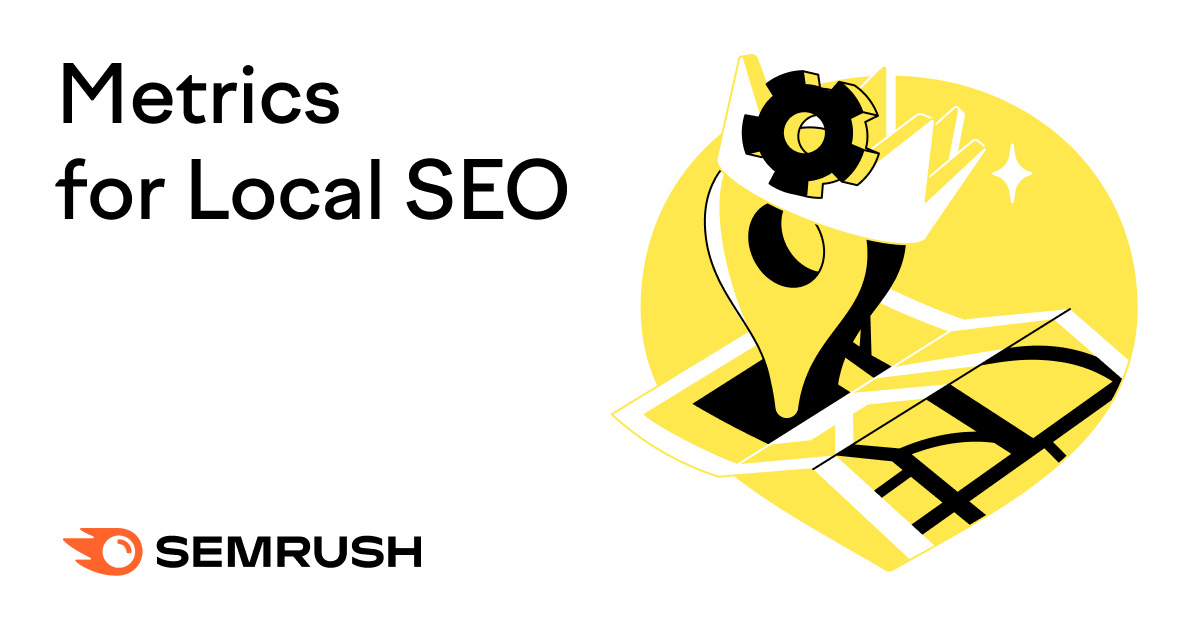


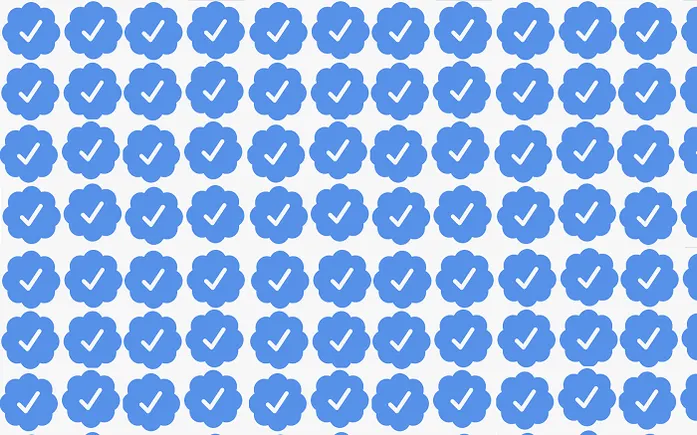

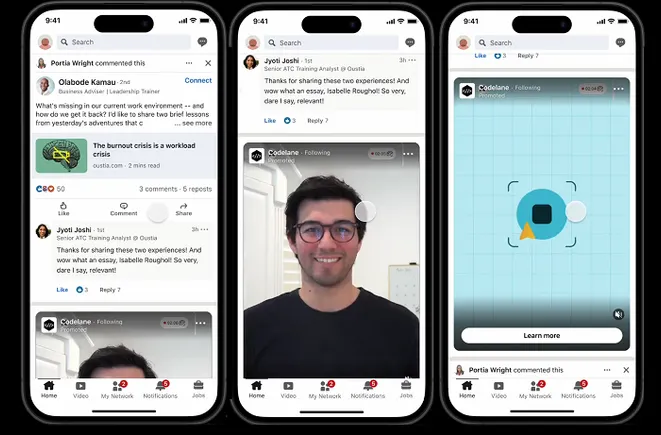




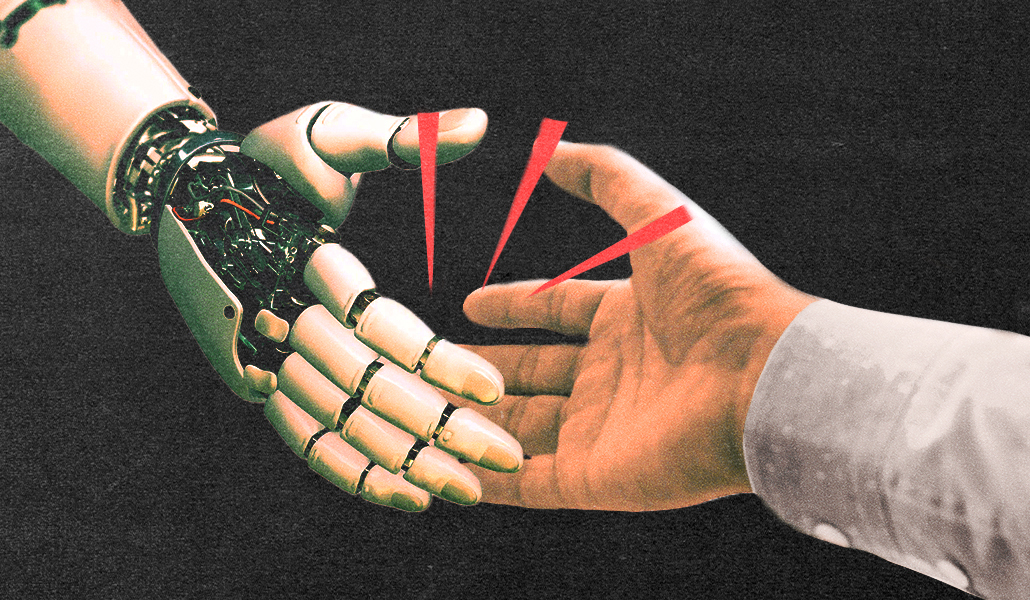
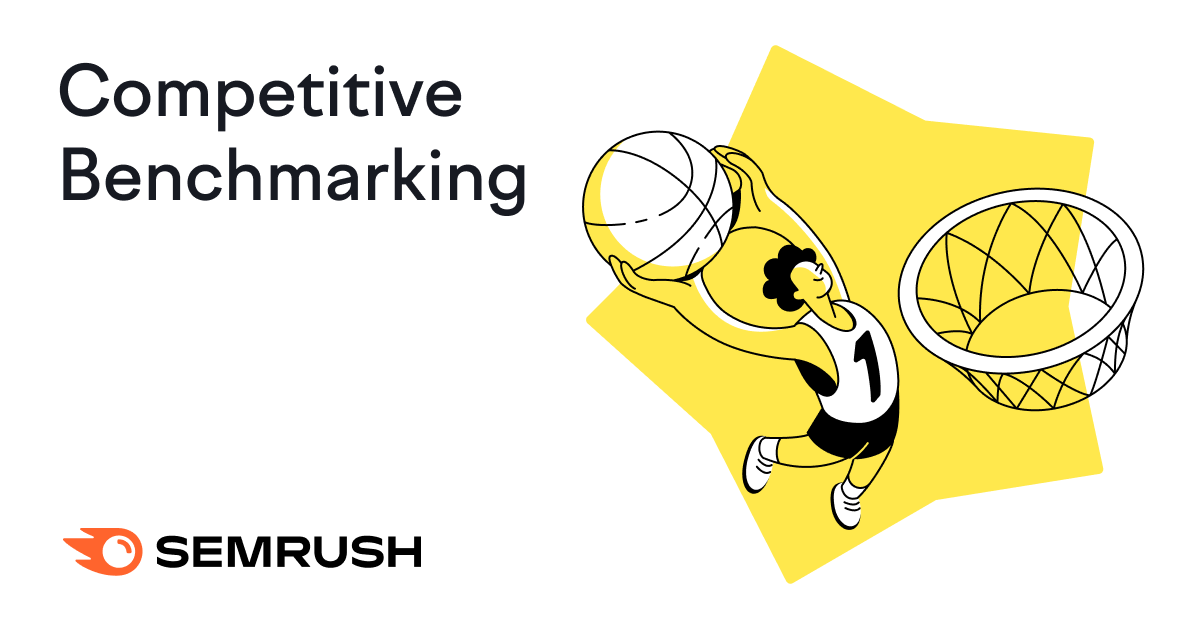
.png)




















